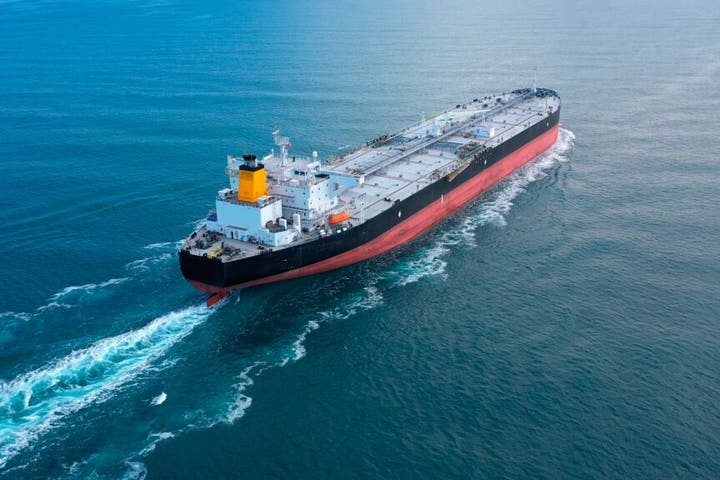
The latest attacks by Yemen's Houthi rebels in the Red Sea have triggered a sharp rise in shipping insurance costs, underscoring growing risks to global trade through this critical maritime route.
What Happened: The insurance expenses for shipping goods via the Red Sea have more than doubled following the Houthi attacks, which resulted in the sinking of two ships and the loss of at least four sailors, Reuters reported on Thursday.
The attacks occurred after a period of relative calm, causing a sharp decline in Red Sea traffic.
The war risk premiums have surged to approximately 0.7% of a ship’s value, up from about 0.3% before the recent attacks. Some insurers have temporarily suspended coverage for specific voyages, while rates for a standard seven-day journey have climbed to as high as 1% this week, matching the peak levels seen in 2024 during a period of frequent daily attacks.
Neil Roberts, head of marine and aviation at the Lloyd's Market Association, stressed the importance of exercising caution when planning transits through the Red Sea in light of the recent attacks.
Why It Matters: A Houthi assault on the Greek vessel Eternity C on Wednesday resulted in the deaths of four out of 25 crew members, according to maritime officials.
On Thursday, rescuers recovered four additional survivors from the Red Sea, while Houthi militants claimed to be holding some missing crew members. The incident came just days after another Greek-operated ship was sunk on Monday, an attack for which the Houthis also took responsibility.
Shipping data analysis indicates that some of these vessels had visited Israeli ports within the past year. Between November 2023 and December 2024, the Houthis carried out attacks on more than 100 ships.
In September 2024, the U.S. military condemned the Houthi attacks on two crude oil tankers in the Red Sea as “reckless acts of terrorism.” This incident, along with the ongoing conflict with the Houthi rebels, was described by a top U.S. Navy admiral as the largest naval battle the U.S. has faced since World War II.
Moreover, Iran, which is aligned with the Houthi rebels, has been losing influence in OPEC due to years of sanctions and its meddling in the Middle East.
Read Next:
Disclaimer: This content was partially produced with the help of AI tools and was reviewed and published by Benzinga editors.
Photo courtesy: Shutterstock







